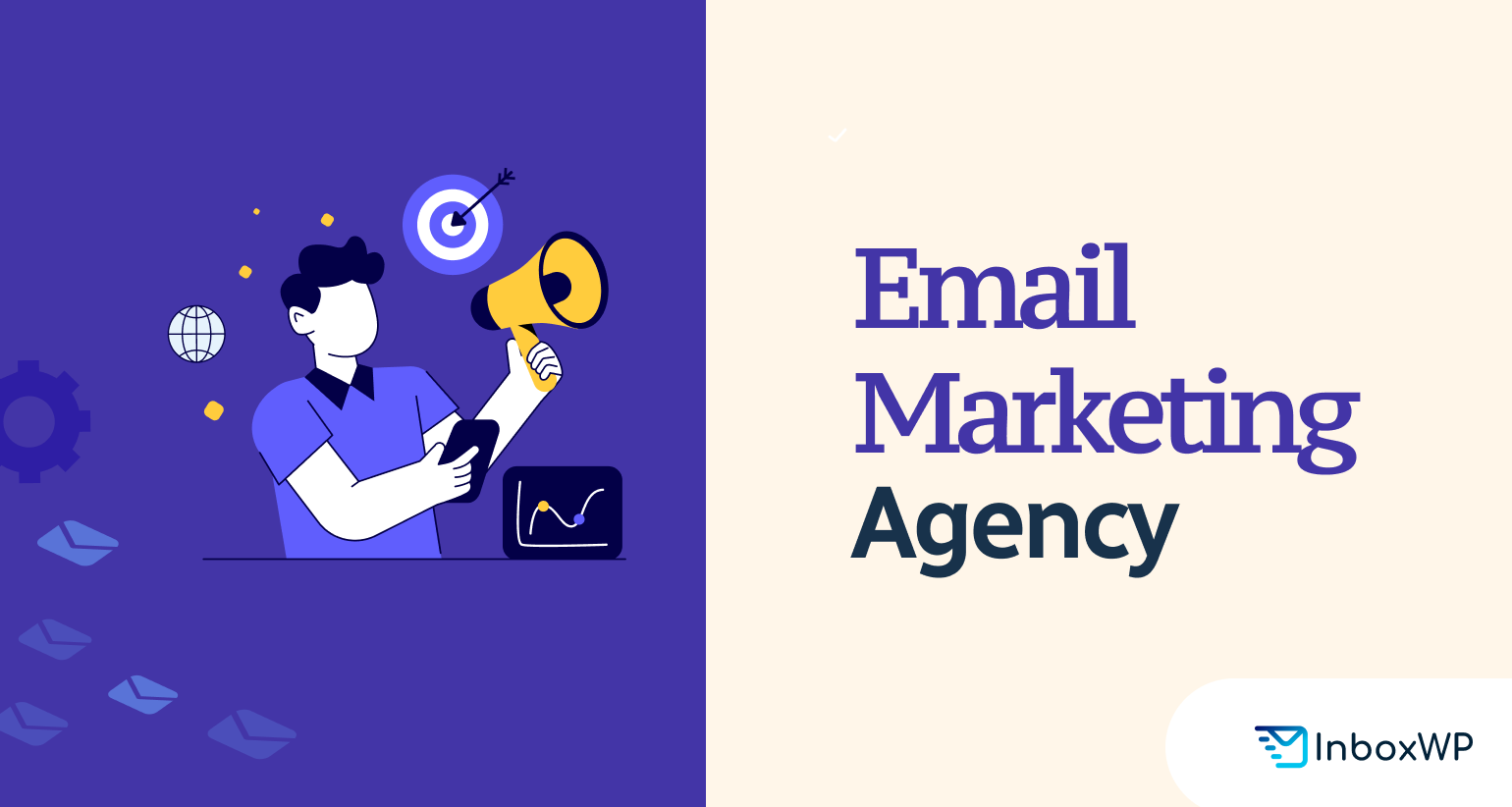Email marketing is an integral part of every effective business plan. It gives direct access to customers and allows for maintaining long-term relationships. According to Campaign Monitor, the return on investment (ROI) from email marketing is 4200%, meaning that $1 invested in this marketing can generate up to $42 in return.
According to the Content Marketing Institute, 81% of B2B marketers consider email marketing to be the number one lead generation method. But it all depends on who you select to work with for email marketing. As so many options are available online, it’s difficult to narrow down good agencies based on your objectives.
In this blog, we’ll discuss all the crucial points to consider while choosing an email marketing company. So, let’s explore how to choose an email marketing agency for maximizing email success. Let’s get started!
Email Marketing at a Glance
Email marketing is the practice of sending targeted, personalized emails to a group of recipients to promote products and services or build relationships with potential and existing customers.
Also, learn How to Get Started with Email Marketing – A Complete Guide for Beginners.
Nearly 59% of B2B marketers say email generates the highest ROI (HubSpot). Additionally, 4.03 billion people worldwide use email, and email open rates for businesses average around 15-25% (Statista). These numbers highlight the continued effectiveness of email marketing in reaching and engaging your audience.
What Are Email Marketing Agency
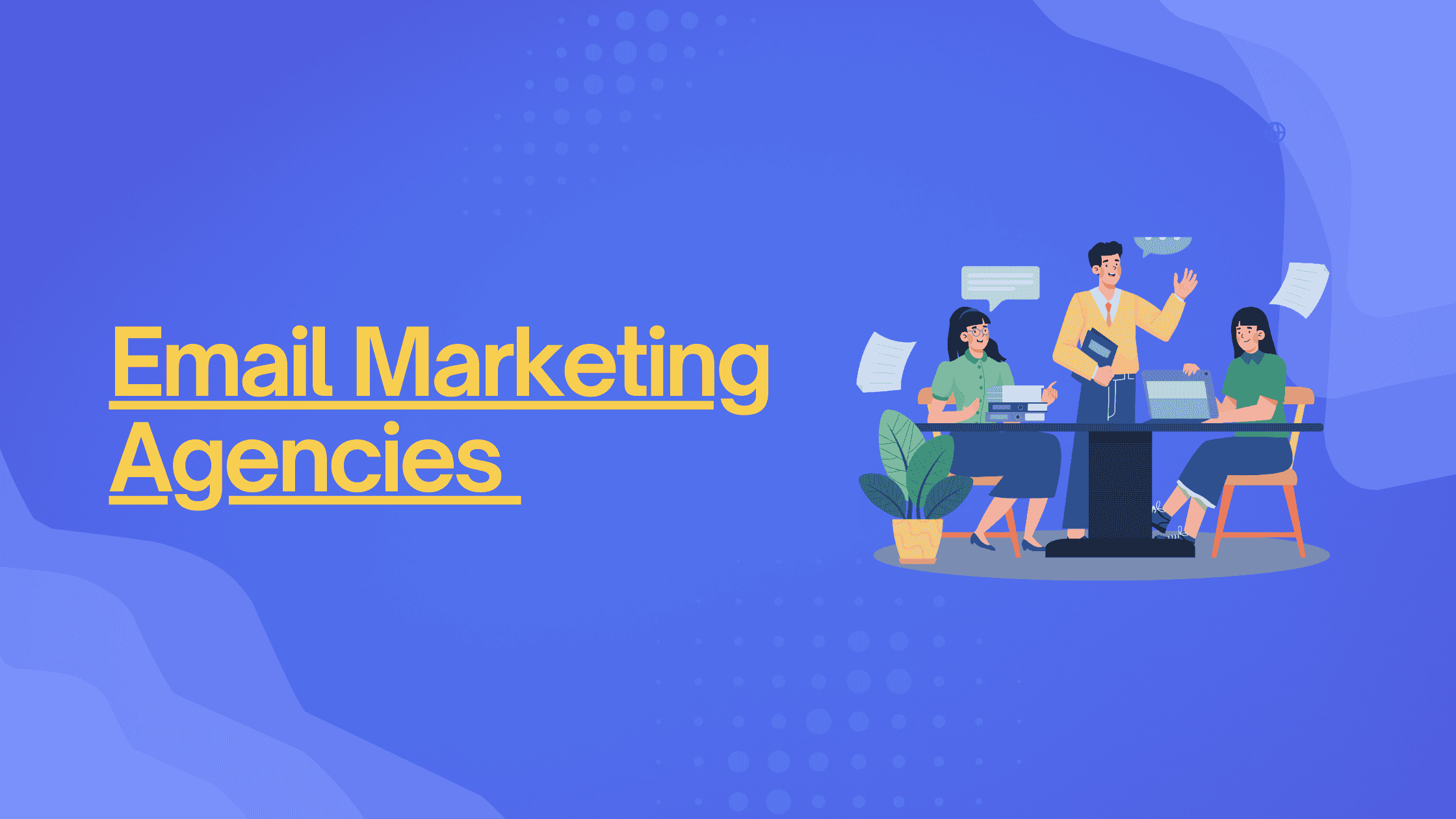
Email marketing agencies are companies that help businesses run email campaigns. They manage everything from designing emails to automating sends. These agencies also track performance and optimize campaigns for better results. Their goal is to boost engagement, conversions, and ROI.
Key Services Offered by Email Marketing Agency
Email marketing agencies offer a range of services to ensure your campaigns are not only effective but also drive measurable results. These agencies play a key role in maximizing the potential of email marketing.
Here’s a breakdown of the essential services they provide:
1) Campaign Strategy and Planning
A successful email marketing campaign starts with a well-thought-out strategy. Agencies work with businesses to define their goals, understand their target audience, and create a roadmap for the campaign. This planning phase includes deciding the type of content, frequency, and goals for each email.
With a strong strategy, businesses can reach the right people with the right message at the right time.
2) List Building and Segmentation
- List Building: Agencies help businesses build and grow their email lists by using techniques like lead magnets, landing pages, and targeted ads. Learn about top email list-building tools for your business.
- Segmentation: They segment email lists based on factors like buyer behavior, engagement levels, location, and demographics. This ensures that emails are personalized and relevant to each recipient, leading to better engagement.
3) Email Design and Optimization
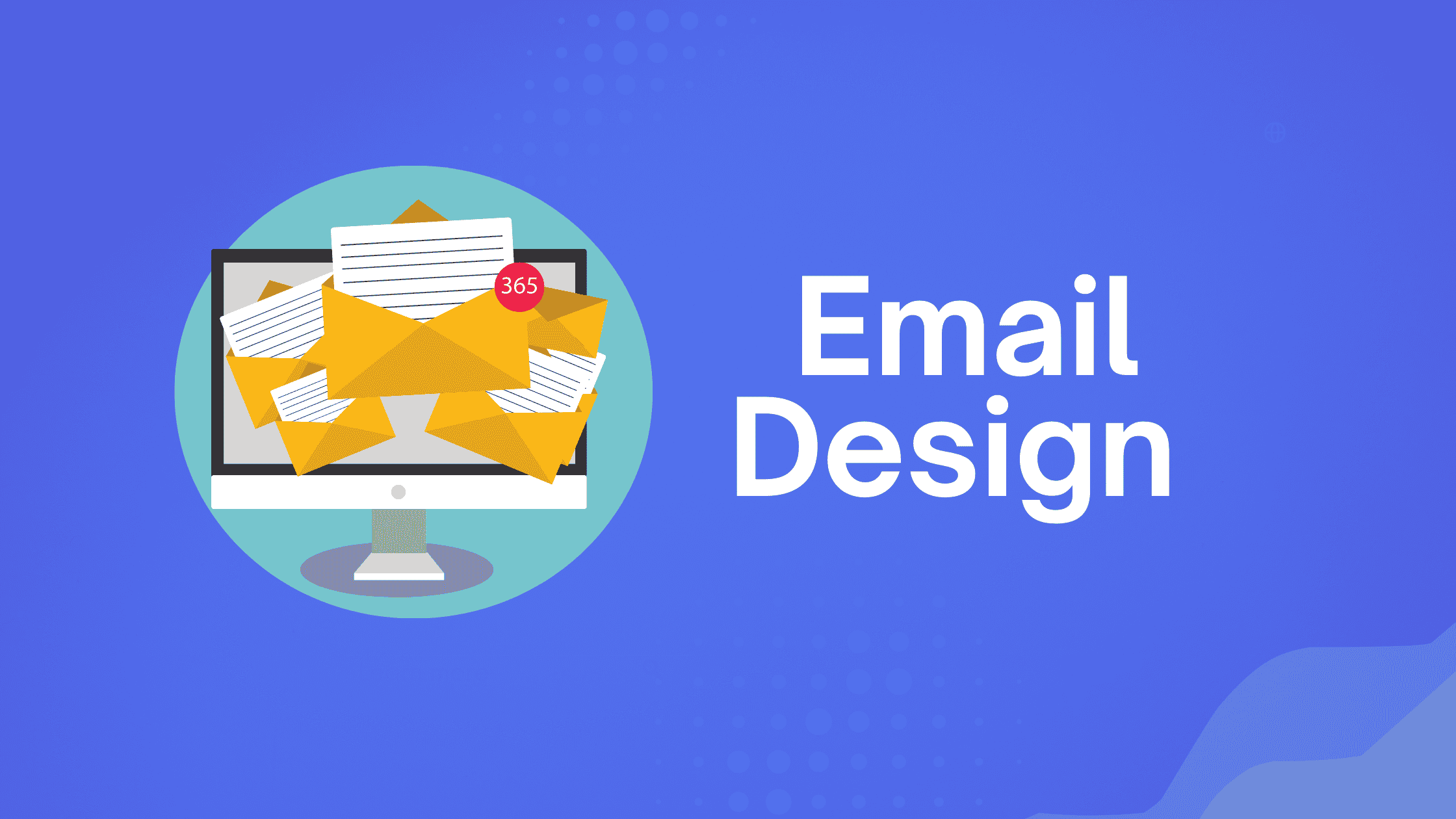
Agencies focus on creating visually appealing and responsive emails that not only look great but also function perfectly across devices. They ensure that your emails are optimized for mobile and desktop users, with clean designs and compelling calls-to-action (CTAs) that encourage recipients to take action.
Optimizing emails for load time, readability, and user experience is essential for higher engagement rates.
4) Automation and Drip Campaigns
- Automation: Setting up automated email workflows, such as welcome emails or reminders, helps save time while staying in touch with leads and customers at key moments in their journey.
- Drip Campaigns: Agencies create a series of emails (drips) that are sent over a period of time, nurturing leads and guiding them through the sales funnel with tailored messages based on their actions.
5) Analytics and Reporting
Agencies continuously track the performance of your campaigns through key metrics such as open rates, click-through rates, bounce rates, and conversions. They provide detailed reports with actionable insights that help refine strategies, improve future campaigns, and ensure better overall performance.
This data-driven approach helps businesses make informed decisions and optimize their email marketing efforts. These services collectively help businesses create efficient and effective email campaigns. They also drive conversions and deliver measurable results.
How to Evaluate Agency Proposals
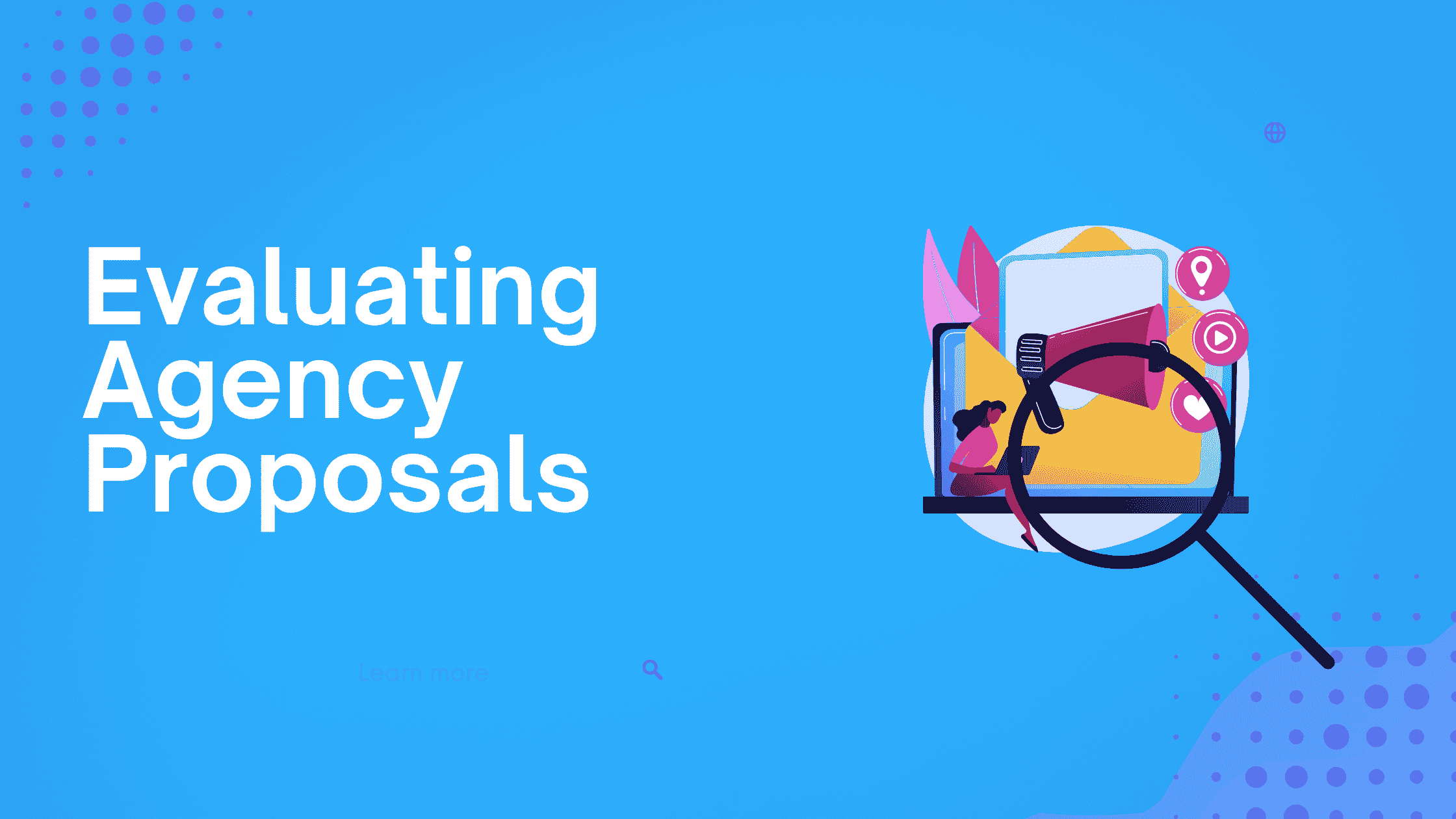
Choosing the right email marketing agency can significantly impact your campaign success. Here’s a framework you can use to evaluate and choose the best agency for your needs:
1. Understand Your Goals and Expectations
Before you even start looking at agencies, define your own goals. These could be:
- Increasing open rates and click-through rates (CTR)
- Building and segmenting an email list
- Driving conversions or sales
- Brand awareness
- Customer retention
Having clear and measurable objectives will help you assess whether an agency’s offerings align with your needs.
2. Experience and Industry Knowledge
Look for agencies with experience in your industry or a similar one. Agencies with prior experience working with companies of your size or niche will better understand the unique challenges you face.
Additionally, ask about:
- Results from past clients
- Their expertise in handling campaigns that align with your goals (e.g., lead generation, customer loyalty, etc.)
- Case studies or examples of past successful campaigns
- Outcomes from previous clients
3. Expertise in Tools and Technology
A good email marketing agency should be proficient with the latest tools and technologies.
Check if they are familiar with the tools and platforms you use, like:
- A/B Testing: Test different subject lines, email content, and designs to optimize performance.
- Email service providers (ESP): Mailchimp, ActiveCampaign, HubSpot, Klaviyo, etc, and for WordPress- weMail, InboxWP, etc.
- Automation: Ensure they have experience with automating sequences like welcome emails, abandoned cart emails, post-purchase follow-ups, etc.
4. Creative Approach
Email marketing is as much about creativity as it is about data. A great agency should be able to:
- Design visually appealing emails that align with your brand identity
- Create compelling copy and subject lines that drive action
- Provide creative ideas for subject lines, content segmentation, and customer journeys
5. Data-Driven and Results-Oriented
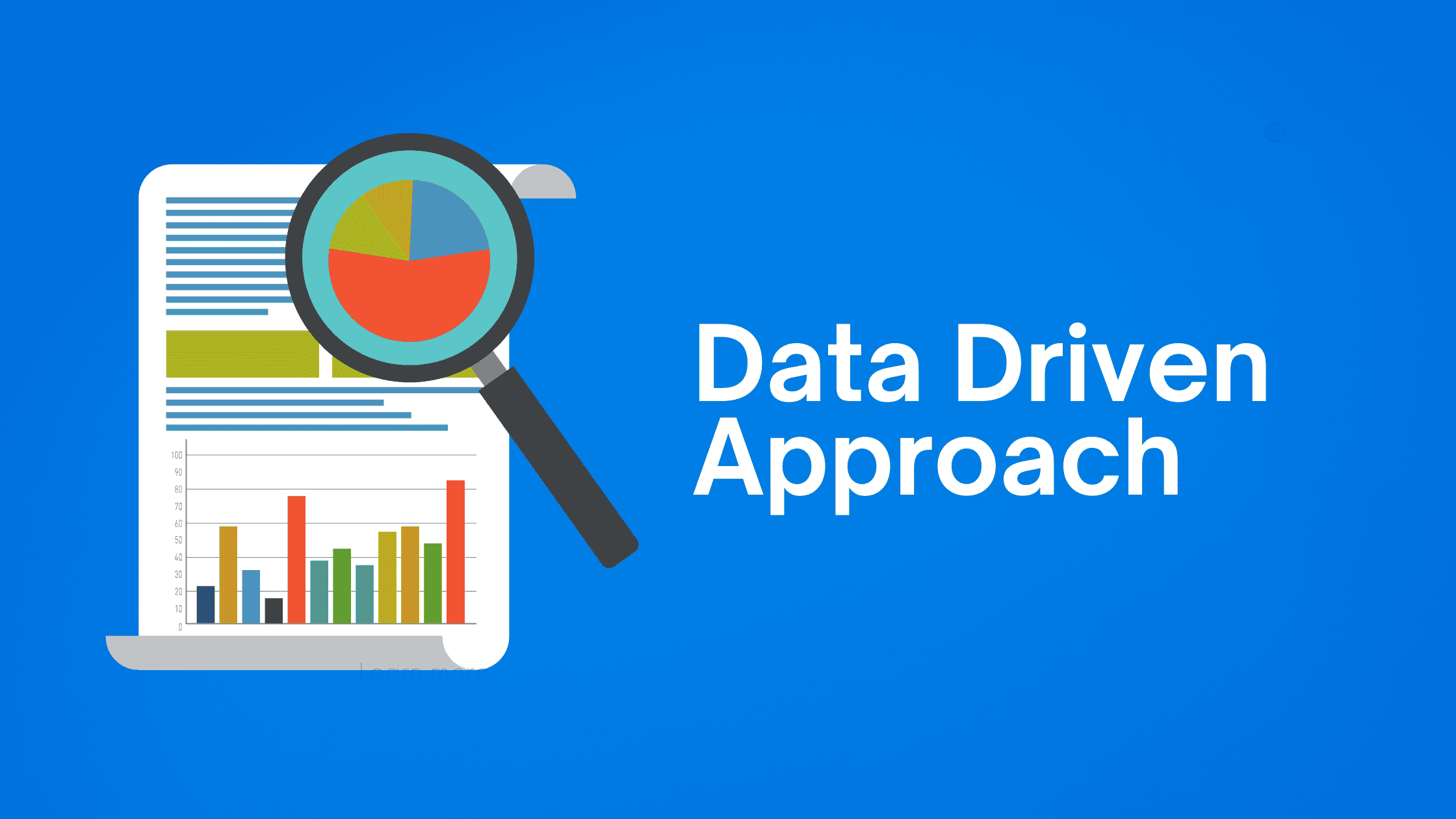
The best email marketing agencies rely on data to drive their decisions. They should:
- Have a clear process for analyzing campaign performance (open rates, CTR, conversion rates, etc.)
- Use analytics to continually optimize campaigns
- Provide reports with key insights and recommendations for improving future campaigns
6. Customer Segmentation and Personalization
A good agency will be able to segment your email list based on factors like:
- Demographics
- Purchase history
- User behavior
- Engagement levels
Personalization is a key driver of email marketing success. Agencies should use personalization strategies, like dynamic content, tailored recommendations, and customer-specific offers.
7. Compliance and Deliverability
Ensure the agency is knowledgeable about email marketing regulations, such as:
- GDPR for European clients
- CAN-SPAM Act in the U.S.
- Email list management
They should also have strategies for improving email deliverability to ensure your emails don’t end up in the spam folder.
8. Clear Communication and Reporting
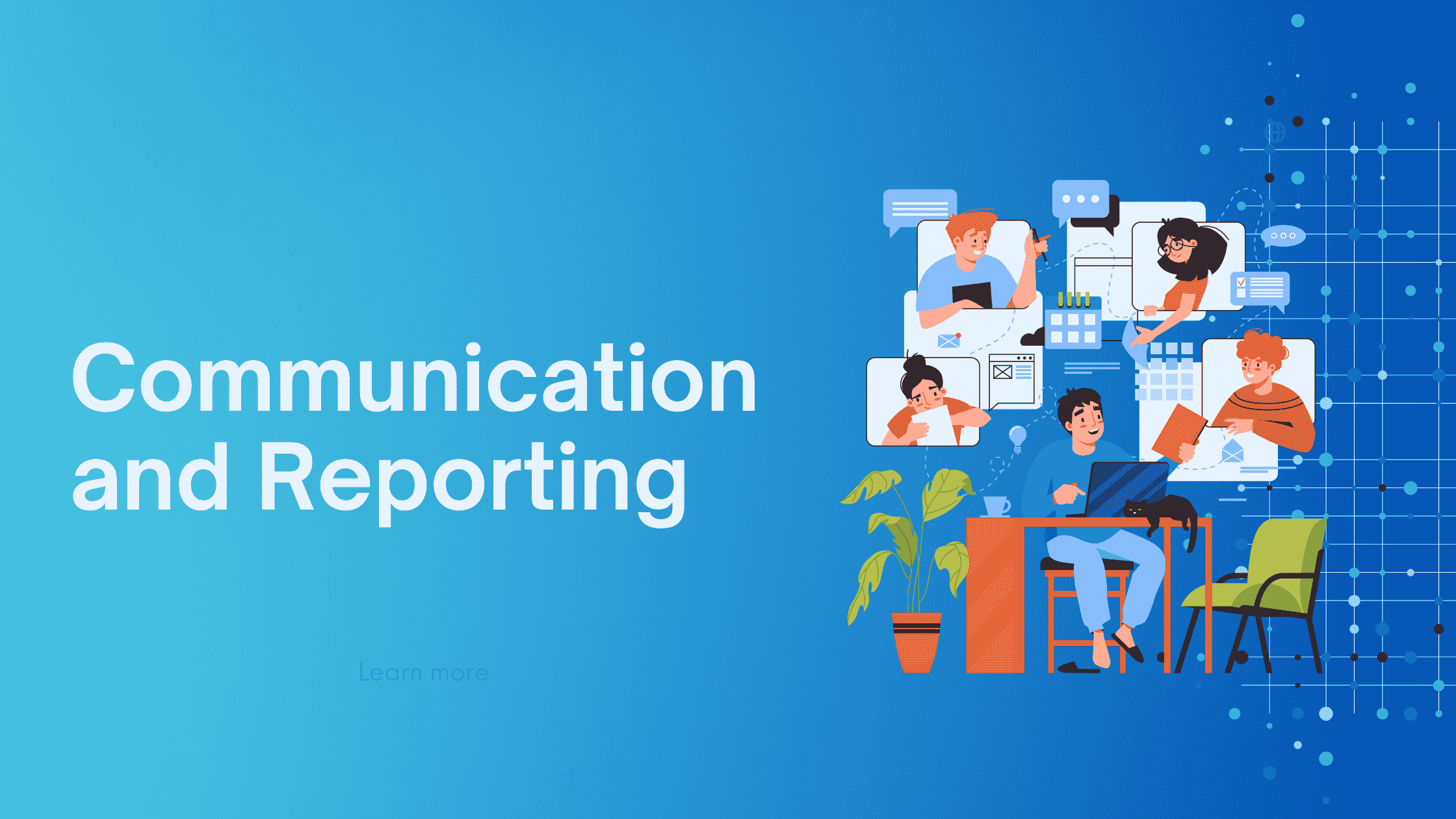
Communication is crucial. The agency should be responsive and provide you with regular updates on:
- Campaign performance
- Changes in strategy
- Upcoming trends or tactics they plan to implement
Additionally, they should provide detailed, easy-to-understand reports that show how your campaigns are performing against your objectives.
9. Budget and Cost-Effectiveness
While price should not be the sole determining factor, it’s important to ensure that the agency fits within your budget. Be clear about the services they offer and ensure you’re not paying for unnecessary extras. Look at their pricing models:
- Hourly rate
- Retainer-based
- Performance-based (e.g., a percentage of revenue generated)
10. Client References and Reviews
Ask for references or testimonials from past clients. You can also look at:
- Reviews on third-party platforms like Clutch, Trustpilot, or Google reviews
- Case studies on the agency’s website that show their results and methodology
11. Collaboration and Flexibility
The agency should act as a partner in your marketing efforts, not just a service provider. They should be open to feedback and willing to adapt to your evolving needs. You want an agency that will:
- Work closely with your team
- Provide creative solutions when issues arise
- Stay agile and adaptable to changes in your goals
Common Mistakes to Avoid in Choosing Perfect Email Marketing Agency
| Mistake | Key Metric to Check | Red Flag | Action |
|---|---|---|---|
| 1. Goal Misalignment | Does the agency understand your goals (sales, leads, engagement)? | If the agency doesn’t align their strategy with your goals, don’t proceed. | Ensure they ask the right questions and understand your business objectives. |
| 2. Overlooking Industry Experience | Have they worked in your industry or niche? | No relevant case studies or examples from your industry? Don’t continue. | Look for agencies with experience in your specific business type or sector. |
| 3. Ignoring Performance Metrics | Can they provide measurable results (e.g., open rates, CTR)? | If their past results are subpar or below industry standards, avoid them. | Ensure they can showcase positive results and benchmarks like open and conversion rates. |
| 4. Lack of Data-Driven Strategies | Do they use A/B testing and analytics to optimize campaigns? | If they don’t use data for campaign optimization, don’t hire them. | Confirm their data-driven approach to email marketing and their focus on continuous testing. |
| 5. Ignoring Email Deliverability & Compliance | What’s their deliverability success rate? Are they GDPR compliant? | If they fail to provide proof of high deliverability or legal compliance, avoid. | Ensure they follow email marketing regulations and maintain high deliverability rates. |
| 6. Not Utilizing Segmentation & Personalization | Do they use advanced segmentation and personalization? | If they don’t offer tailored segmentation strategies, don’t proceed. | Ensure they create personalized, targeted email flows to maximize engagement. |
| 7. Poor Reporting & Communication | Do they provide detailed, regular reports on campaign performance? | Lack of transparency in reports or poor communication? Don’t continue. | Choose agencies that provide consistent, clear reporting and updates. |
| 8. Over-promising Results | Do they promise quick, unrealistic results (e.g., overnight ROI)? | If they over-promise or guarantee success without a clear plan, don’t proceed. | Be wary of agencies promising instant results—email marketing takes time and testing. |
| 9. Lack of Collaboration & Customer Support | How responsive and collaborative are they with your team? | Slow responses or poor communication? Don’t hire them. | Look for agencies that offer strong support and proactive collaboration with your team. |
| 10. Misalignment in Budget & Value | Does their pricing align with the value and results they offer? | If the pricing feels inflated or results don’t match the cost, don’t proceed. | Make sure the agency’s fees are justified by their service quality and results. |
Tools Can Be the Better Alternatives to Agencies
When deciding between hiring an email marketing agency or using a tool, many businesses are finding that email marketing tools offer significant advantages. While agencies can provide expertise, they often come with high costs and limited flexibility.
Reasons – why tools are better than agencies
- Cost-Effective: Tools are more affordable than hiring an agency.
- User-Friendly: Easy-to-use interfaces require no technical expertise.
- Real-Time Control: Adjust campaigns instantly based on performance data.
- Advanced Features: Tools offer automation and personalization at scale.
- Data Insights: Access real-time analytics to optimize your campaigns.
- Scalability: Tools grow with your business without extra costs.
weMail: The Best Choice for WordPress Users

For businesses using WordPress, weMail is an excellent email marketing tool. It’s designed to integrate seamlessly with WordPress, offering a simple setup process, easy-to-use features, and customizable templates.
With weMail, you can create targeted email campaigns, automate workflows, and track performance—all from within your WordPress dashboard. It’s an ideal solution for those looking for a cost-effective, powerful tool to manage their email marketing efforts.
InboxWP: Enhancing Email Deliverability
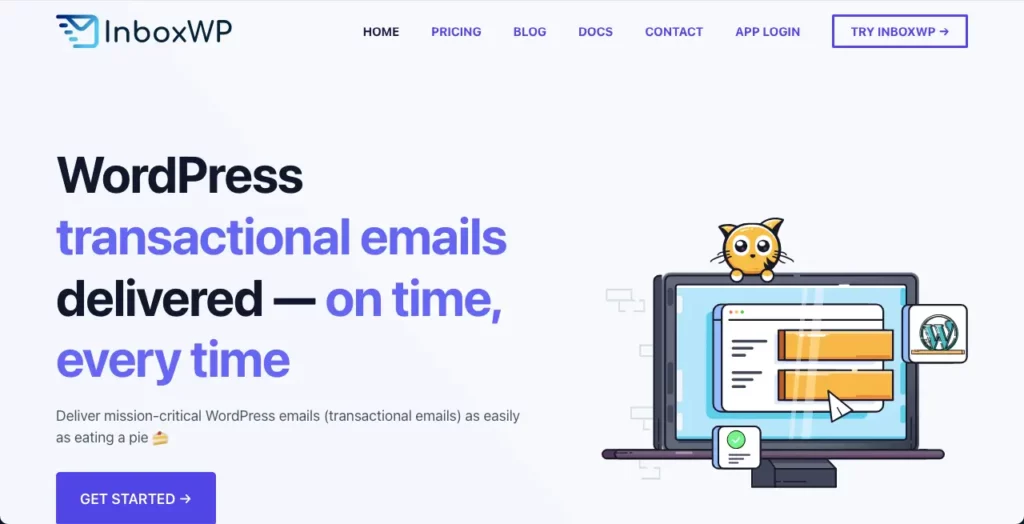
When it comes to ensuring your emails land in the inbox (and not the spam folder), InboxWP is a great choice for WordPress users. This tool is specifically designed to optimize email deliverability. It ensures that your campaigns reach their intended recipients. By managing sending reputation, authentication, and best practices, InboxWP ensures your emails have a better chance of hitting the inbox.
Before You Go…
We’ve learned that email marketing is essential for B2B success, and whether you choose an agency or a tool depends on your needs. Agencies offer expert management but at a higher cost, while tools like weMail and InboxWP provide a more affordable and flexible solution with full control over campaigns.
For WordPress users, weMail simplifies campaign management, and InboxWP helps ensure your emails reach the inbox. The right choice will depend on your goals, budget, and how much control you want over your email marketing efforts.
